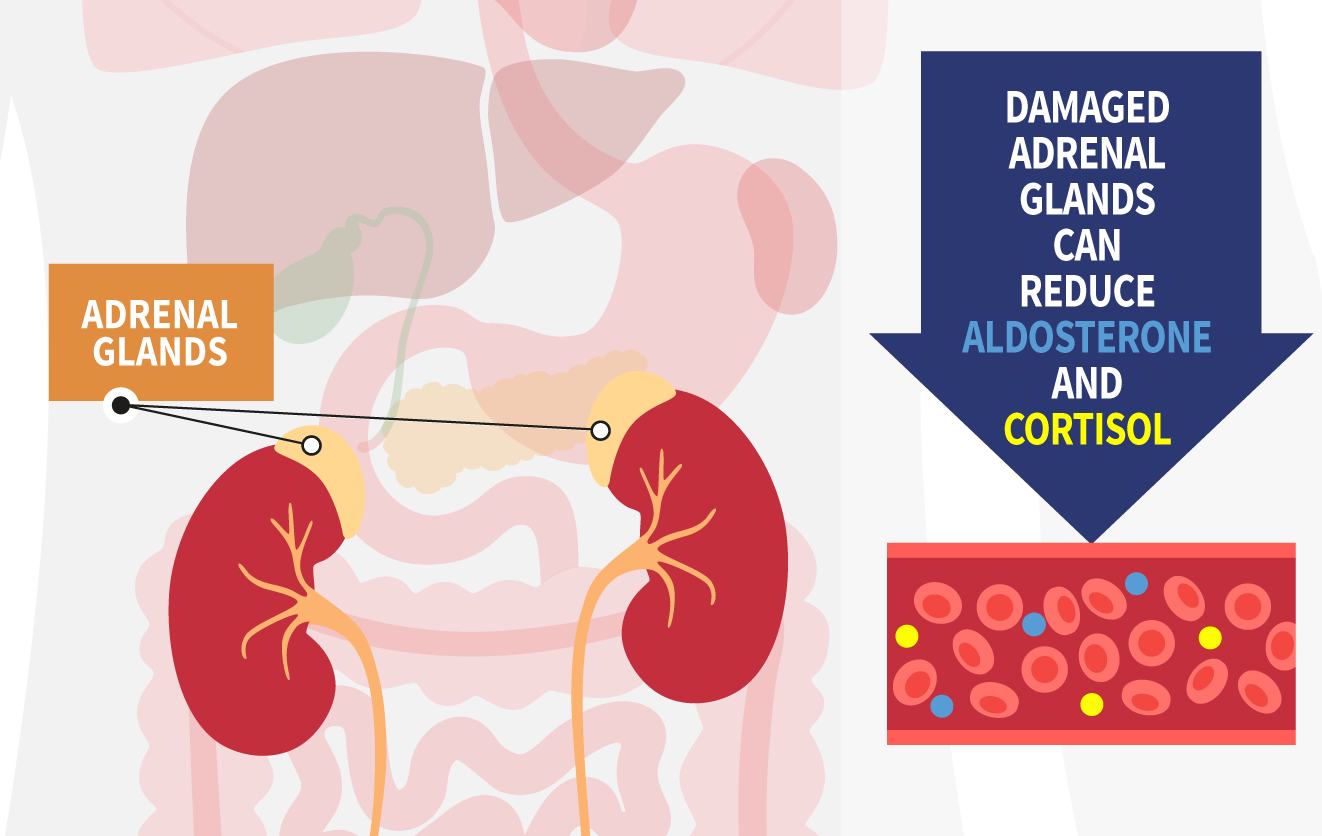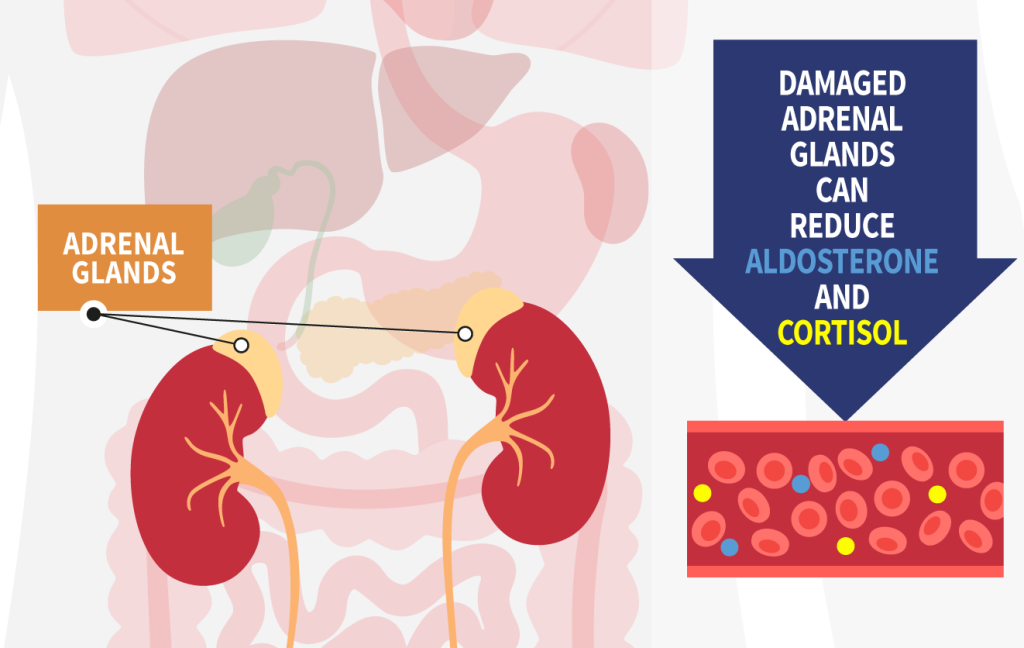Depending on your results from the early morning serum cortisol test, your GP may refer you to an endocrinology department at a hospital for further specialised testing.
An adrenocorticotropic hormone (ACTH) stimulation test can be carried out to confirm a diagnosis. This test can show whether the adrenal glands are releasing hormones as they should be.
During the test, a blood sample is taken and tested for cortisol before an injection of synthetic ACTH is given. Further blood samples are then taken to measure cortisol after 30 minutes and after 60 minutes.
If levels of adrenal hormones are found to be low even after the synthetic ACTH is given, it’s usually a confirmation of Addison’s disease.



